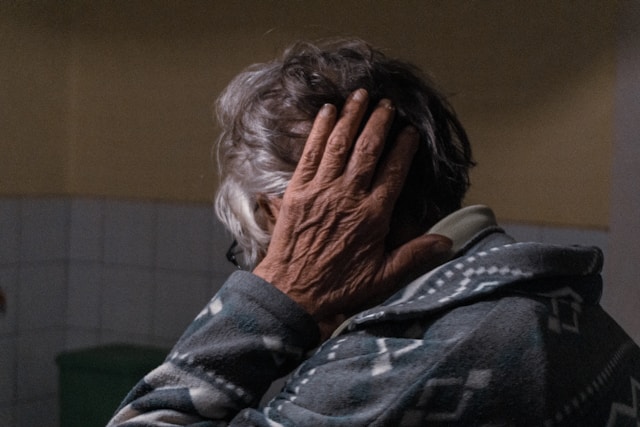Understanding The Emotional And Physical Impact Of Elder Abuse On Senior Health
Addressing Elder abuse is a critical issue that often goes unnoticed within our aging population. As our society continues to age, it is essential to bring awareness to the prevalence and severity of elder mistreatment. The consequences of elder abuse extend beyond immediate harm, impacting the overall wellbeing of older adults.
Understanding Elder Abuse and Its Hidden Nature
Defining and Recognizing Elder Abuse
Elder abuse encompasses various harmful behaviors directed towards older adults, including physical harm, emotional abuse, financial exploitation, and neglect. These acts can occur in different settings and are often committed by caregivers, family members, or institutional staff.
Challenges in Identifying Elder Abuse
Many cases of elder abuse go unreported due to factors such as shame, fear of retaliation, isolation, and cognitive impairments. Victims may struggle to seek help or communicate their experiences effectively, making it challenging to detect and address elder mistreatment.
The Emotional Impact of Elder Abuse on Seniors
Mental Health Effects
Elder abuse can lead to depression, anxiety, and feelings of helplessness among seniors. The emotional trauma from mistreatment can significantly impact their quality of life, often requiring professional intervention that may not always be accessible.
Social Withdrawal and Trust Issues
Abuse can result in seniors withdrawing from social interactions and relationships due to a loss of trust and security. This isolation can further expose them to continued mistreatment, creating a cycle of vulnerability.
Cognitive Decline Risk
Chronic stress from abuse can accelerate cognitive decline in older adults, potentially mimicking symptoms of dementia. The resulting cognitive impairment can complicate diagnosis and appropriate intervention for affected seniors.
Physical Health Ramifications of Elder Abuse
Injuries and Pain
Physical elder abuse can lead to visible injuries and long-term pain for seniors. Untreated wounds and repeated trauma can result in chronic pain conditions that limit mobility and independence.
Immune System Weakness and Illness
The stress from abuse weakens the immune system of older adults, making them more susceptible to infections and complicating the management of existing health conditions.
Neglect and Medical Needs
Neglect can result in seniors' essential needs going unmet, including medications, nutrition, hygiene, and medical care. This neglect can have life-threatening consequences, particularly for seniors with chronic diseases.
Promoting Senior Wellbeing and Protection
Elder abuse has a significant impact on the mental and physical health of older adults. By recognizing the signs of abuse and taking action, we can work towards safeguarding the dignity and wellbeing of every senior.
